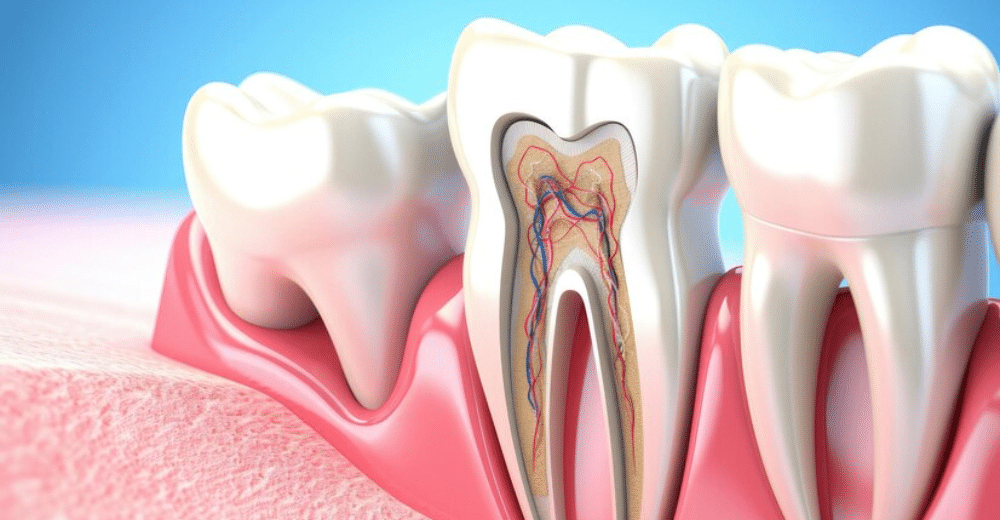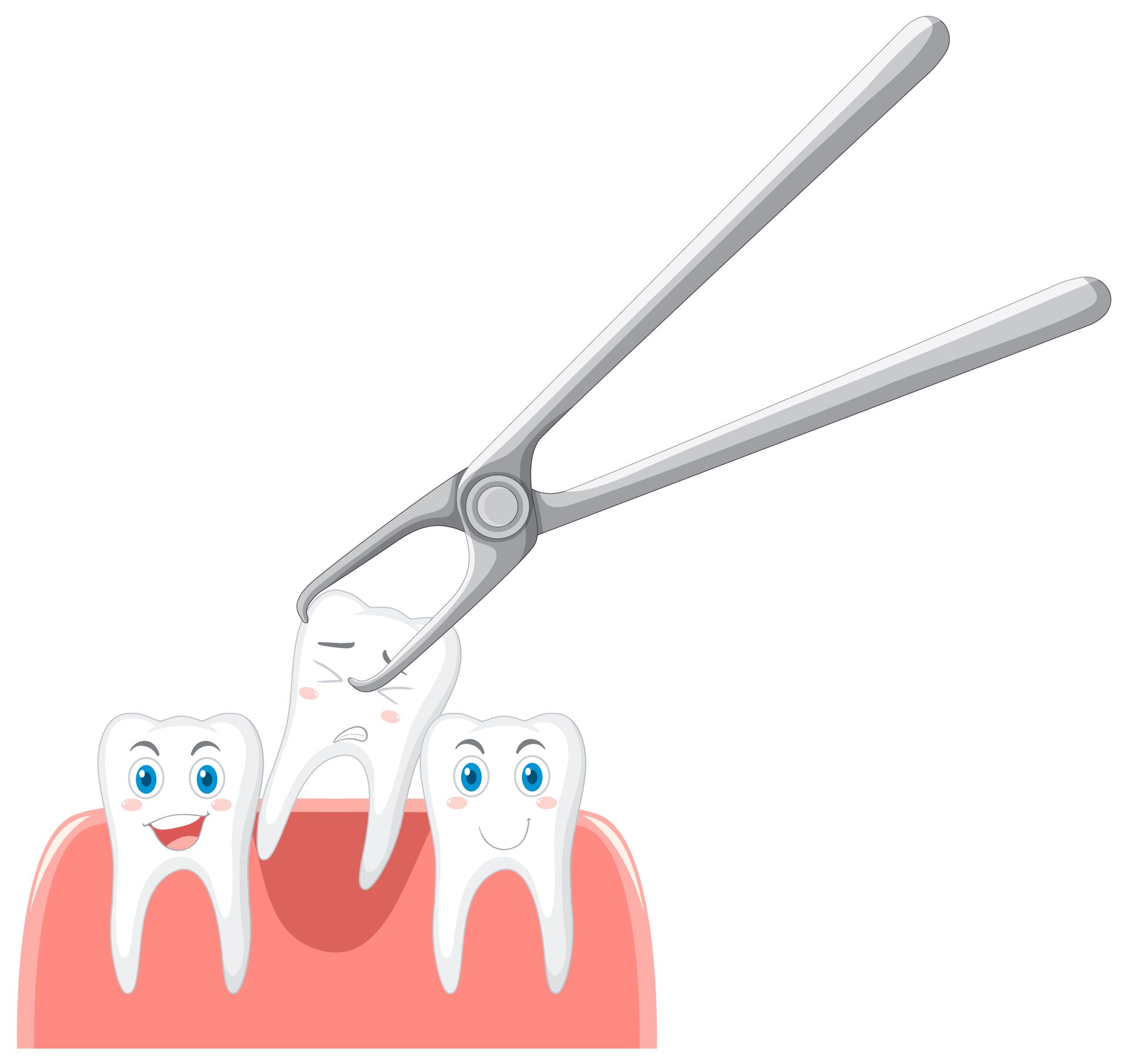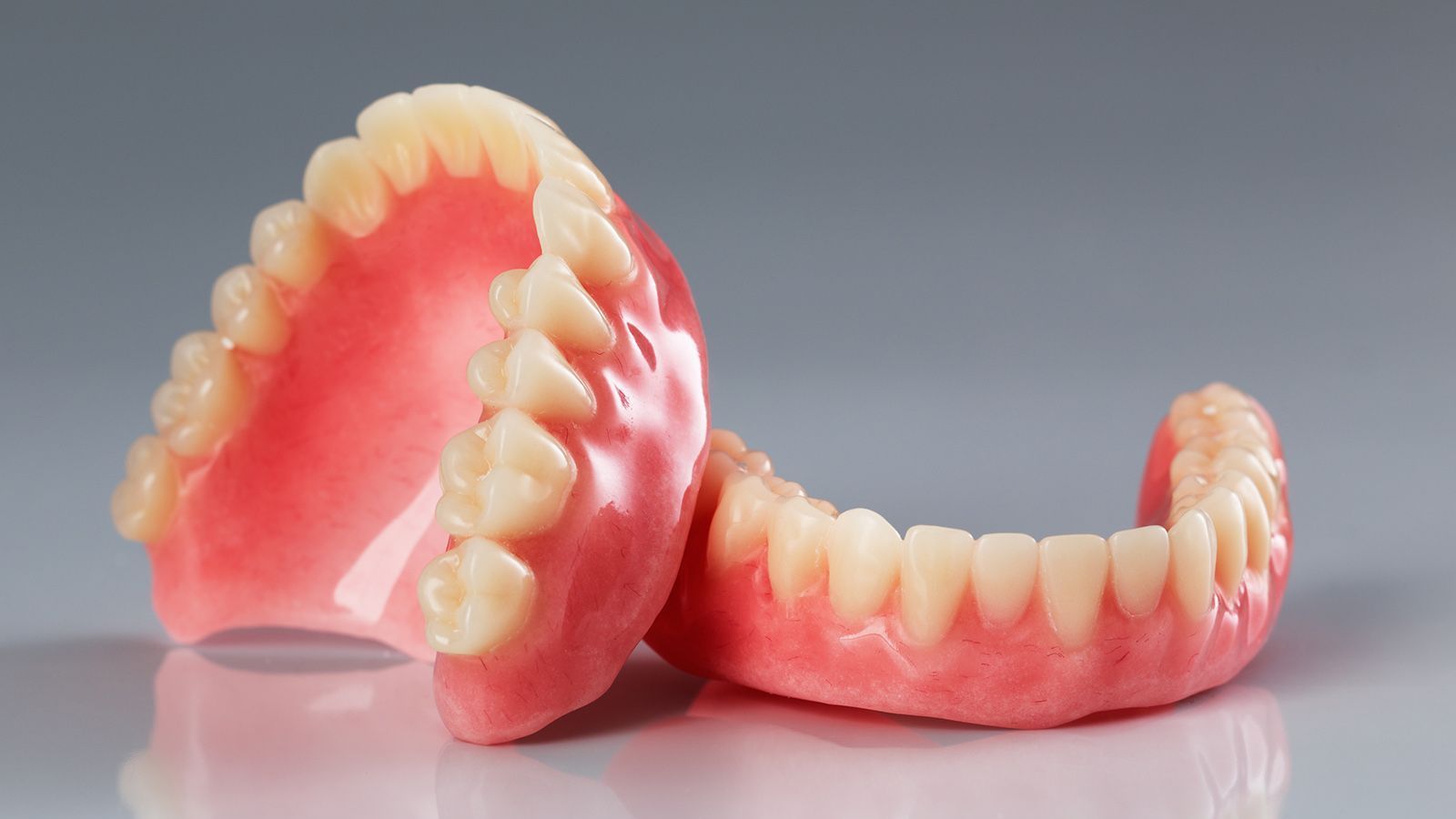Root Canal Treatment: How It Saves Your Tooth

Root Canal Treatment: Everything You Need to Know to Save Your Tooth
Root canal treatment is one of the most effective methods to save a severely damaged or infected tooth. It eliminates pain and infection while preserving the natural tooth structure. Although the term "root canal" may sound daunting, modern dentistry has made the procedure relatively painless and highly successful.
1. What is Root Canal Treatment?
Root canal treatment (also known as endodontic therapy) is a procedure that treats an infected or damaged tooth pulp (the soft tissue inside the tooth) and nerves to eliminate infection and avoid tooth extraction.
- Steps of the Procedure:
- Diagnosis: X-rays are taken to identify the infected tooth and assess the extent of damage.
- Local Anaesthesia: Your dentist will administer local anaesthesia to numb the area, ensuring your comfort.
- Pulp Removal: The infected pulp and nerves are removed from the tooth's root canal.
- Cleaning and Disinfection: The root canals are cleaned and disinfected to eliminate bacteria.
- Filling: The cleaned canal is filled with a biocompatible material such as gutta-percha and sealed.
- Crown Placement: A dental crown is often placed over the treated tooth for protection and restoration of function.
Learn more about the Root Canal Procedure.
2. Signs You May Need a Root Canal
Recognising the symptoms of tooth infection or damage early can help you seek treatment in time, which is crucial for saving the tooth.
- Common Symptoms:
- Severe toothache when chewing or applying pressure.
- Prolonged sensitivity to hot or cold, even after the stimulus is removed.
- Darkening of the tooth.
- Swelling or tenderness in the gums.
- Recurring pimples on the gums.
3. Benefits of Root Canal Treatment
Root canal treatment offers several advantages, making it a preferred option for treating infected or damaged teeth.
- Preserves the Natural Tooth: Keeping your natural tooth helps maintain your smile, chewing ability, and jawbone integrity.
- Prevents Tooth Loss: Avoids the need for extraction and potentially more complex procedures like dental implants or bridges.
- Relieves Pain: Provides immediate relief from severe tooth pain caused by infection or damage.
- Restores Function: Once a protective crown is placed, the tooth functions like a healthy natural tooth.
Check out our Root Canal Prices..
4. Aftercare for Root Canal Treatment
Proper aftercare is essential to ensure the long-term success of your root canal treatment.
- Follow-Up Care:
- Avoid chewing on the treated tooth until a permanent crown is fitted.
- Continue with good oral hygiene practices, including regular brushing and flossing.
- Attend follow-up appointments to monitor healing and have the crown placed.
Conclusion:
Root canal treatment is a highly effective and pain-relieving procedure that can save your tooth and prevent further complications.
Book your root canal treatment with our specialist doctors today and save your tooth!











